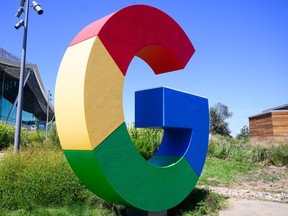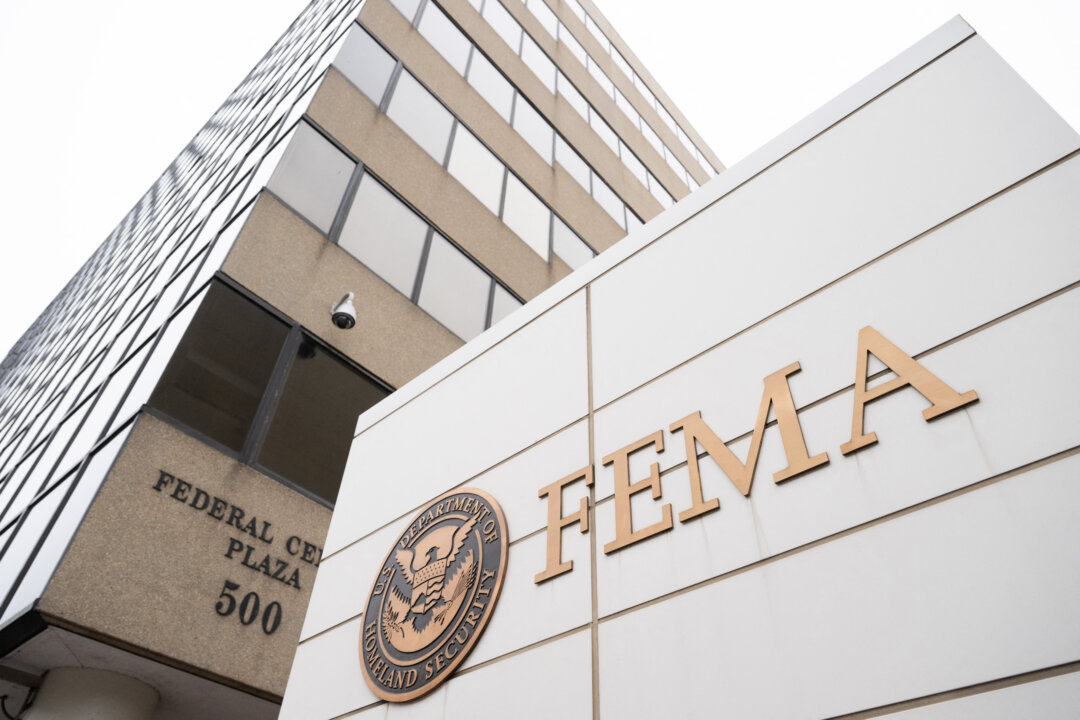In November, Matthew Boswell, Canada’s Commissioner of Competition, stated , “The Competition Bureau conducted an extensive investigation that found that Google has abused its dominant position in online advertising in Canada by engaging in conduct that locks market participants into using its own ad tech tools, excluding competitors, and distorting the competitive process. Google’s conduct has prevented rivals from being able to compete on the merits of what they have to offer, to the detriment of Canadian advertisers, publishers and consumers.” Commissioner Boswell must be pleased that United States District Judge Leonie Brinkema, in a detailed opinion , ruled last week that Google engaged in unlawful monopolistic conduct in controlling the software used by publishers to manage online ads as well as the exchanges used to buy and sell them.
As Brinkema wrote in 2023, “The essence of antitrust law is to try to keep the system working by recognizing that, at certain points, some companies may get too big for their own good, they’re self-imploding, or the technology may become so dominant that it’s just crushing all other elements where there can be innovation.” Every newspaper or website that wants to sell ads pretty much has to use Google’s software to place and match ad buyers and sellers. And the reason is Google has bought a bunch of companies and engaged in practices like tying its products together and excluding rivals from the market by restricting whether its customers can use non-Google services.

As a result, Google’s middleman software services take 30 to 50 per cent of revenue spent by advertisers on ads meant for publications, instead of one to two per cent. So, if the judge finds a good remedy, it could mean billions of dollars more for the press, because Google won’t be able to take nearly as much. Here are five key points about her decision.
• First, this decision is now the third loss for Google. In 2023, Google lost a monopolization case to Epic Games over its control of the Android app store. Last year, the company lost a case over its control of search .
Last week, it lost a third case over yet another line of business. These decisions build on each other; Brinkema cited the decision in the search case to describe why Google had control over so many small advertisers. Referencing across the cases will continue to happen as we move into the remedy phase.
Additionally, private and state antitrust cases, like a case led by the Texas attorney general on adtech currently working its way through the courts, will benefit from this decision. • Second, this decision shows antitrust cases don’t have to take as long as they do. The complaint for this one was filed in January of 2023, and it has been decided just 26 months later.
• Third, all three judges overseeing these Google cases have criticized the behaviour of the company’s lawyers, specifically calling out its top lawyer, Kent Walker, for false claims of privilege and for allowing the wholesale destruction of documents while on a litigation hold. Judge Brinkema wrote, “Google employees and executives also misused the attorney-client privilege. For example, Kent Walker, an attorney who served as Google’s President of Global Affairs and oversaw the company’s legal team, marked an email in which he asked his colleagues for reactions to a New York Times article as ‘privileged .
..'” Google’s systemic disregard of the evidentiary rules regarding spoliation of evidence and its misuse of the attorney-client privilege may well be sanctionable.
But because the court has found Google liable under Sections 1 and 2 of the Sherman Act based on trial testimony and admitted evidence, including those Google documents that were preserved, it need not adopt an adverse inference or otherwise sanction Google for spoilation at this juncture. As in Google Search, the court’s decision not to sanction “should not be understood as condoning Google’s failure to preserve chat evidence.” • Fourth, this decision is an illustration of how judges are updating antitrust law as they confront modern commercial realities.
When judges write decisions like this, they interpret the laws and set future precedents. Judge Brinkema noted that Google wasn’t blocking rivals, but customers. She also pointed out investment patterns of a monopolist — a willingness to sacrifice short-run benefits to harm smaller competitors for longer term benefits.
• Fifth, the likelihood Google is taken apart has gone up. The judges involved in the various Google decisions are likely going to have to co-ordinate with one another over how to manage the various remedies, and at some point, consent decrees over behavioural elements are simply too complex to administer, especially when the legal authorities within the company are engaged in bad faith. They may need to allow technical committees managing such decrees to share information.
The broader dynamic here, as illustrated by the Google decision, is unmistakable. The antitrust revolution rolls on. Canada, make sure your Competition Bureau has the resources it needs to be a leader in fighting against monopolists who abuse their market power.
National Post Matt Stoller is the publisher of the newsletter BIG and the author of “Goliath: The 100-Year War Between Monopoly Power and Democracy.”.
Politics

Matt Stoller: The fight against Google's monopoly keeps rolling on

Canada, make sure your Competition Bureau has the resources it needs















